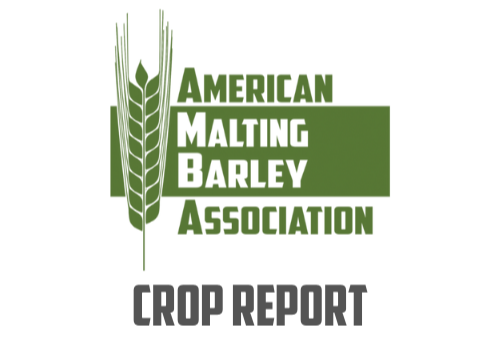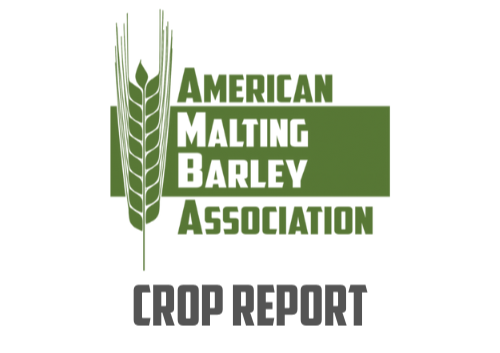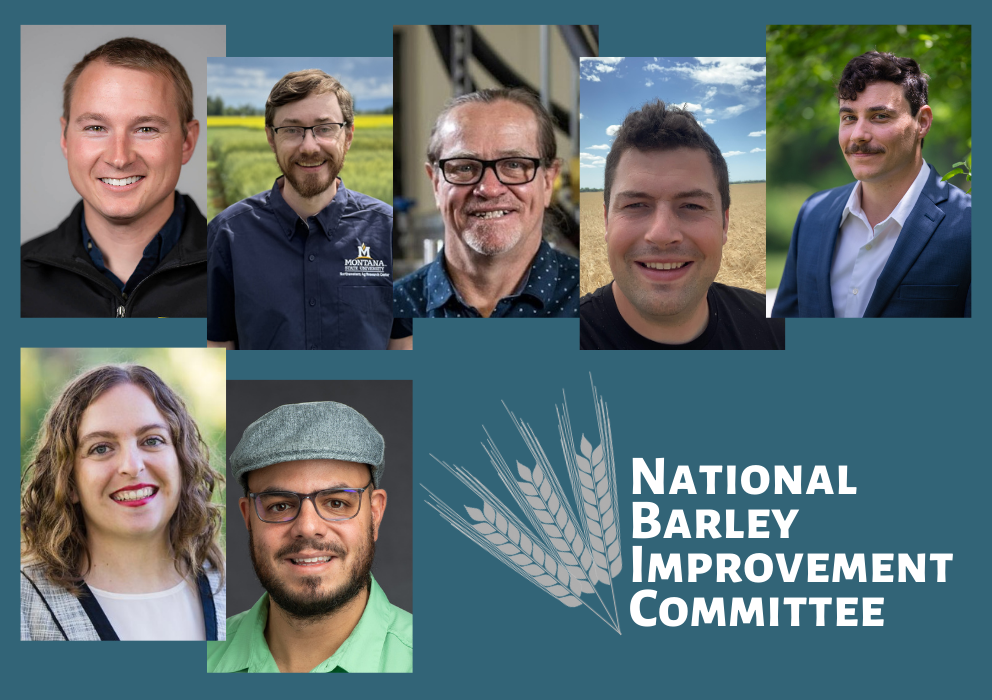.png)
Barley advocates hit the Hill amidst much uncertainty
The National Barley Improvement Committee, which represents the U.S. barley community of growers, researchers, processors, users, and allied industries, spent last week in Washington, D.C. advocating on behalf of federal research funding for the barley industry. Twenty-eight stakeholders visited over 90 offices delivering a unified message on the importance of federal barley research programs, threatened by recent terminations and federal freezes on hiring and funding.
NBIC’s priorities focused on federal appropriations requests to support various research initiatives nested within the USDA Agricultural Research Service: the Resilient Barley Initiative (RBI), the Barley Pest Initiative (BPI), the U.S. Wheat and Barley Scab Initiative (USWBSI), and the Small Grains Genomic Initiative (SGGI). Each leverages federal funds to support work across multiple states within ARS research units and Land Grant universities. Additionally, researchers leverage investments from private industry made by the American Malting Barley Association and state check-off dollars to support these programs.
The ability to carry out this work recently came under threat due to the terminations of over 25 ARS scientists and support staff working directly with barley. Although some of the scientists had their terminations rescinded, there are still at least 20 positions in limbo. This challenge is further exacerbated by the freeze on hiring, which is limiting the ability to hire the seasonal workforce each year to carry out the field season. Finally, uncertainties around the availability of federal funding has added additional chaos for research partners at universities, not knowing if the funds are available to carry out the cooperative agreements they hold with ARS.
Members of the NBIC fly-in stressed the importance of agricultural research and the incredible return on investment realized, especially as so many of our global competitors are outpacing our investments. Given the new Administration’s priority to support domestic self-reliance and reversal of the agricultural trade deficit, initiatives like the RBI are critical to bolster resilience in the supply chain and to lessen the reliance on imported barley.
“This year was one of the most challenging Hill climbs in recent history given the uncertainty around federal agricultural research funding, specifically as it relates to our longstanding partner, the Agricultural Research Service,” said Ashley McFarland, who serves as executive secretary of the NBIC. “I believe we brought a very strong team to D.C. to deliver a unified message around the importance of the barley industry to the U.S. and the necessary investments required to support it. Despite not receiving much clarity in our meetings, we were repeatedly thanked by Congressional offices for showing up and sharing our priorities.”





.png)



